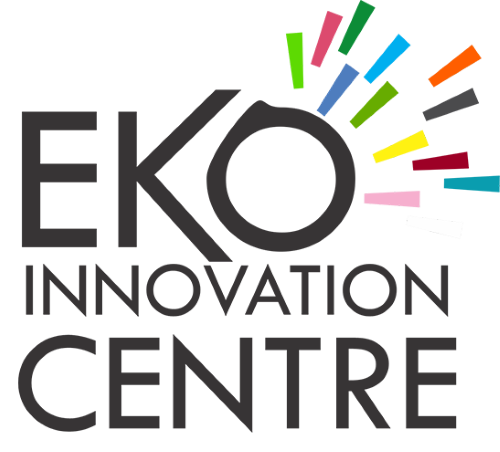Many individuals enter adulthood without the necessary tools to navigate their finances effectively. Traditional education often neglects this critical aspect of life, assuming a false equivalence between academic knowledge and financial savvy. This glaring omission has far-reaching consequences.
The Cost of Financial Illiteracy
Staggering statistics highlight the issue:
- Nigeria: While financial exclusion has decreased (from 46.3% in 2011 to 36.8% in 2018), recent trends suggest the majority of Nigerians remain outside the formal financial sector. The goal of 80% financial inclusion by 2021, set by the Central Bank of Nigeria, remains distant.
- United States: The Financial Industry Regulatory Authority reports a staggering 63% of Americans lack basic financial literacy.
This ignorance exacts a heavy toll. It fosters a life marred by financial hardship, vulnerability to pressure, and a propensity for reckless financial decisions.
The Essence of Financial Literacy
Financial literacy goes beyond numbers. It involves:
- Mindset Shift: Prioritizing long-term financial well-being over immediate gratification.
- Knowledge: Understanding key concepts like budgeting, debt management, saving, investing, and risk.
- Skill set: Developing practical abilities in financial management
The CREST Acronym
- C: Collaborative skills (working with financial advisors, etc.)
- R: Risk management skills (understanding and mitigating financial risks)
- E: Earning and expense management skills (budgeting, spending wisely)
- S: Saving and investing skills (building wealth over time)
- T: Technology skills (leveraging financial tools and platforms)
Practical Tips
Know Your Numbers: Track your income and expenses diligently. A modified 50-30-20 budget can be a helpful guide (50% necessities, 30% savings/investments, 20% wants).
Boost Your Income: Explore multiple income streams. Robert Kiyosaki’s “Cashflow Quadrant” offers insights on different earning models.
Conclusion
Financial literacy isn’t merely a desirable skill; it’s a necessity for a secure and prosperous future. The lack of financial education leaves individuals adrift in a complex economic landscape. By embracing financial literacy, we shift from being controlled by money to controlling it. This empowerment unlocks true wealth creation – not just the accumulation of assets, but the ability to make informed choices that build a life of both financial stability and personal fulfillment.
Let’s make financial literacy a priority for ourselves, our families, and our communities.
